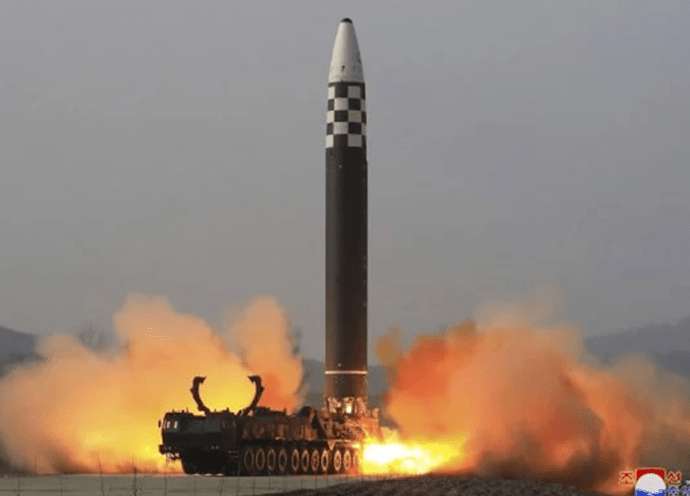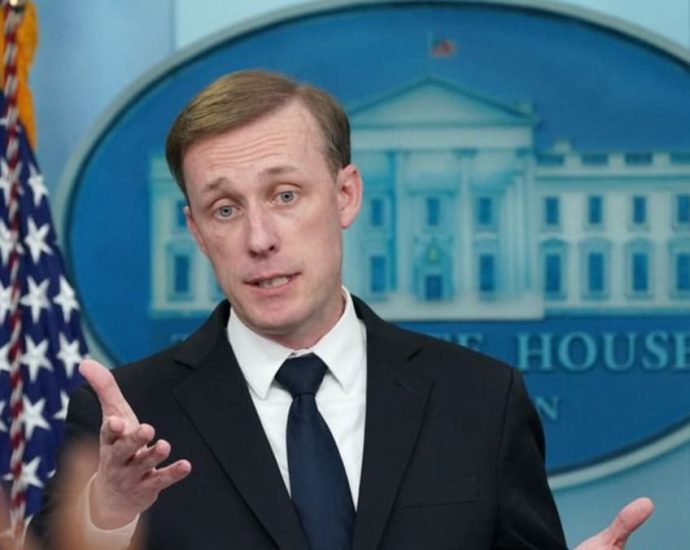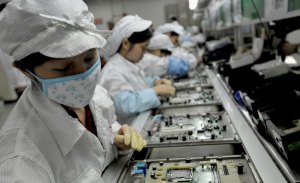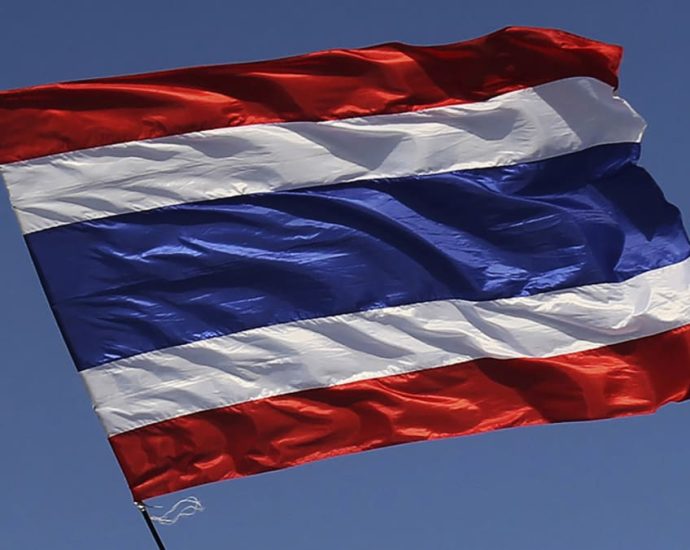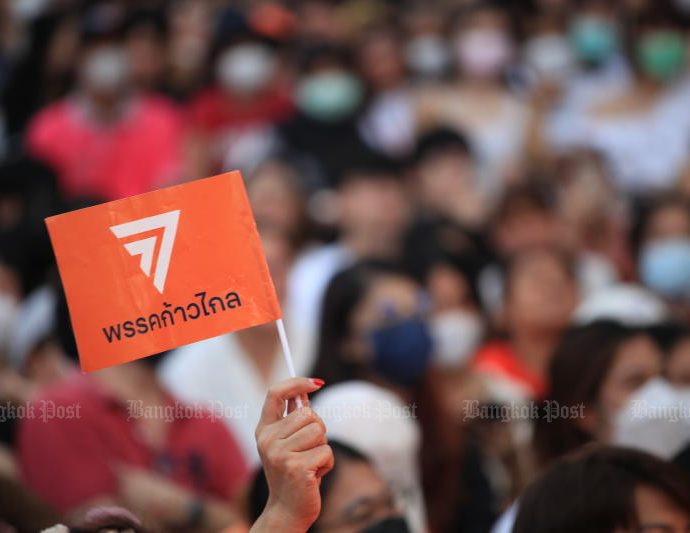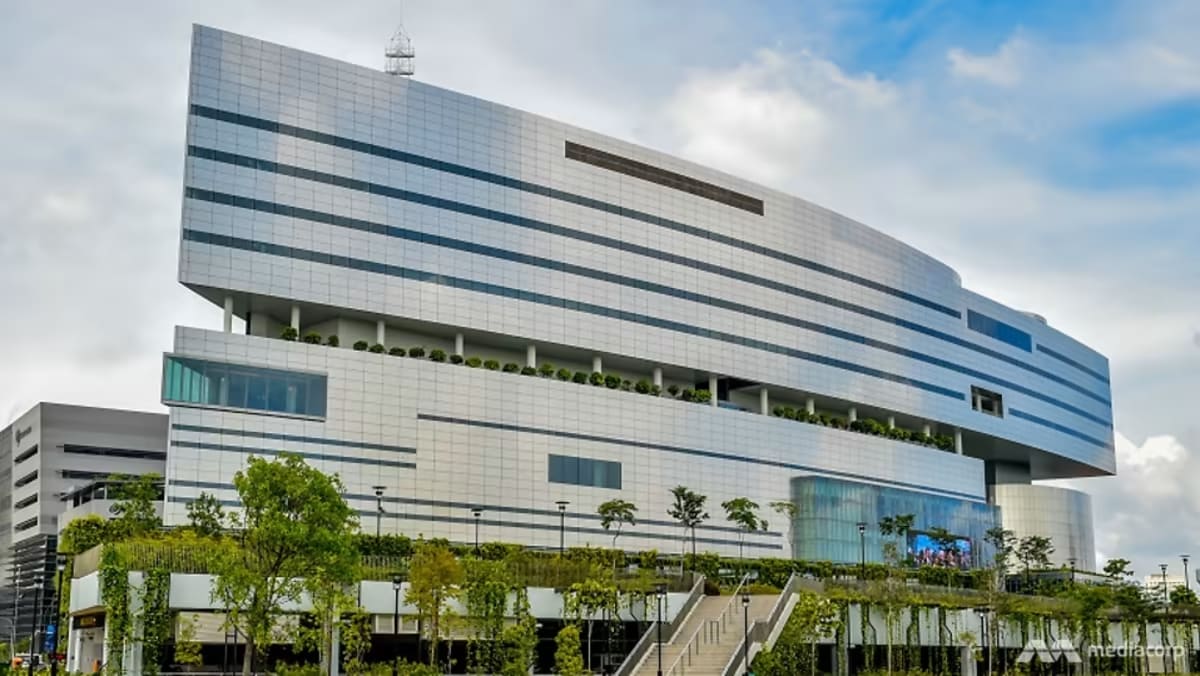New museum to host over 100,000 relics

The Fine Arts Department (FAD) is building a national museum in Pathum Thani’s Khlong Luang district with a warehouse for over 100,000 artefacts, according to Chandrajoti Phanombootra, its director-general.
Mr Chandrajoti said the warehouse will include the biggest database for artefacts in Thailand, while the museum will be the first in the country that meets international curation standards.
The warehouse will have 24,000 square metres of usable space, ready to exhibit over 200,000 artefacts, he said, before adding the space will open in August.
“The FAD is grateful that Her Royal Highness Princess Maha Chakri Sirindhorn has given her advice on the warehouse construction and promotion as a research centre,” he said.




